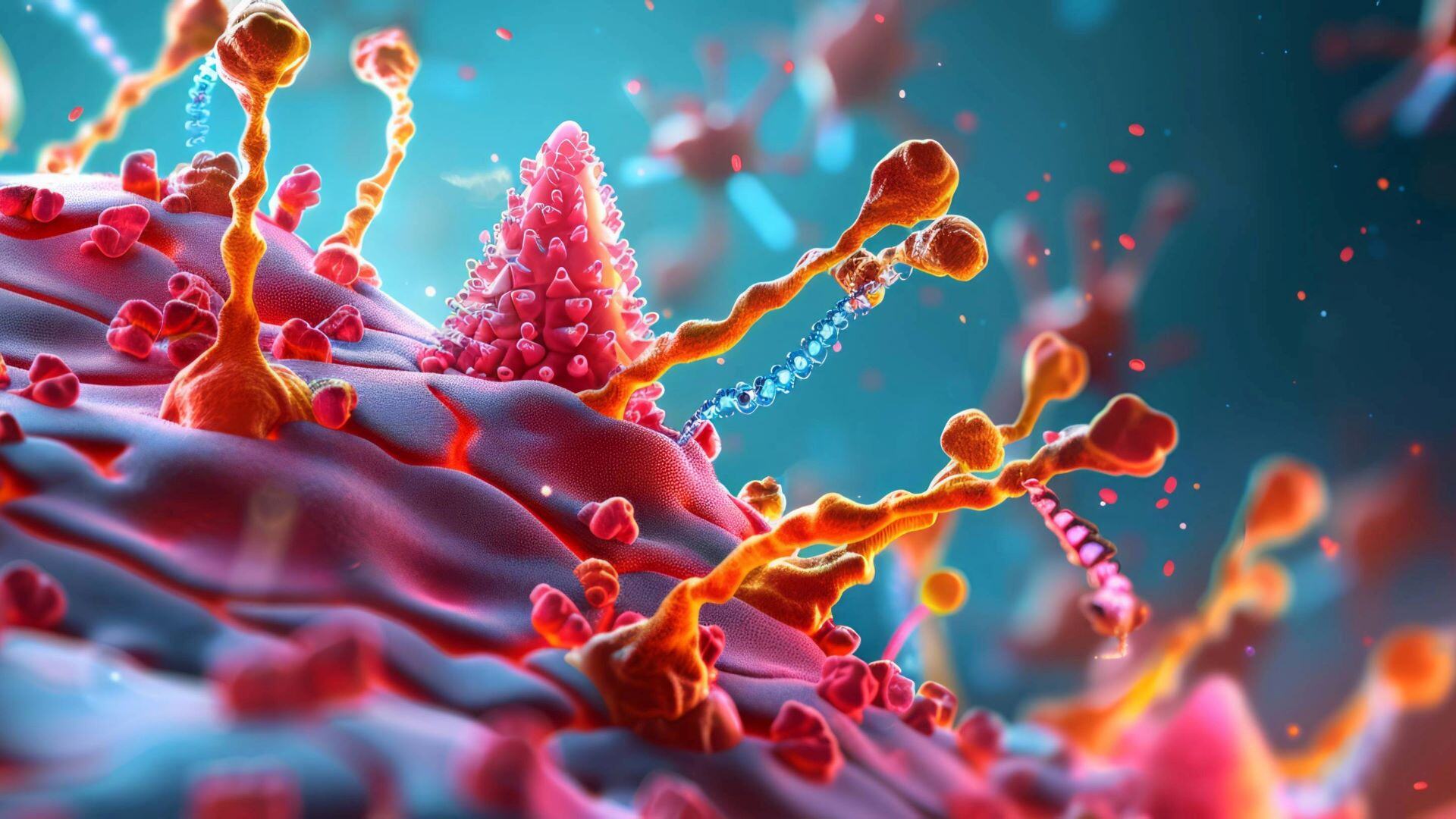Synthetic Biology (SynBio) has many definitions, but it is widely accepted that the field includes the construction of new or redesigned biological systems, and the development of products from such systems. For example, SynBio includes the generation of novel metabolic pathways, redesigned enzymes, and even cells controlled by completely artificial genomes. These technologies have applications in a vast array of areas and have the potential to revolutionise the ways in which biology is used to enhance our daily lives.
There are two main innovation themes within the SynBio field at present: (i) the development of tools, and (ii) the utilisation of such tools to generate products.
The development of new SynBio tools has boomed in recent years, with companies now offering proprietary methods to accelerate and improve research efforts. However, despite this growth, there is still room for considerable innovation within the area. These innovations may have significant commercial value and should be protected with care.
By 2050, the global population is expected to exceed 10 billion. SynBio could help us address concerns such as food shortages, climate change, pandemic control, dwindling fuel reserves, and increasing levels of pollution. More specifically, SynBio could be used to produce or optimise carbon-neutral drop-in fuels, microbes which degrade plastic waste, meat-free protein sources, complex new immunotherapies, and much more.
Disruptive technologies can require novel IP strategies to protect them, and even Patent Offices are on a learning curve as to how to deal with innovations in the SynBio space such as heavily engineered entire genomes, or the use of machine learning to rewire genetic circuits. Whatever your area of innovation in the SynBio field, whether it be platform-technologies, reprogrammed organisms, or novel products, at Mewburn Ellis we have the technical know-how, legal experience, and the commercial insight, to ensure the strongest protection for your IP.


















